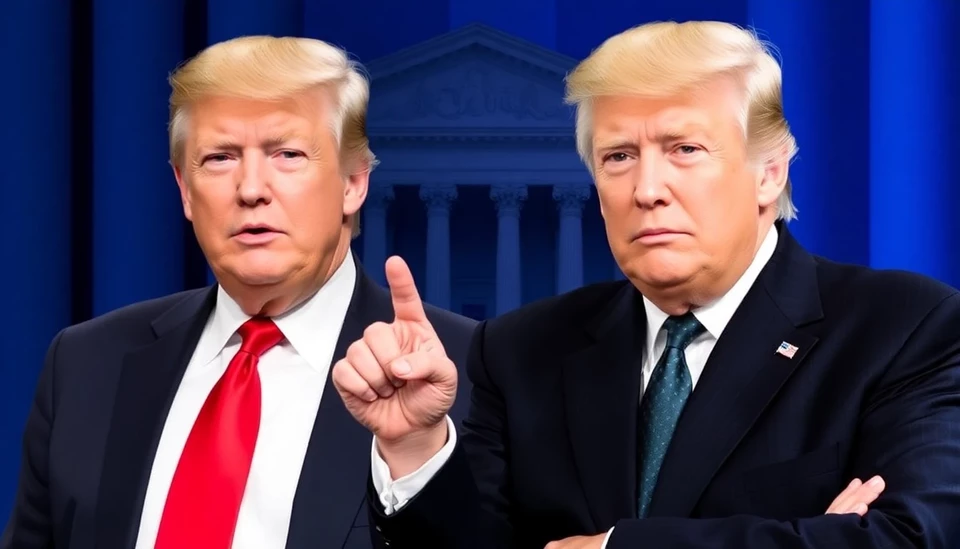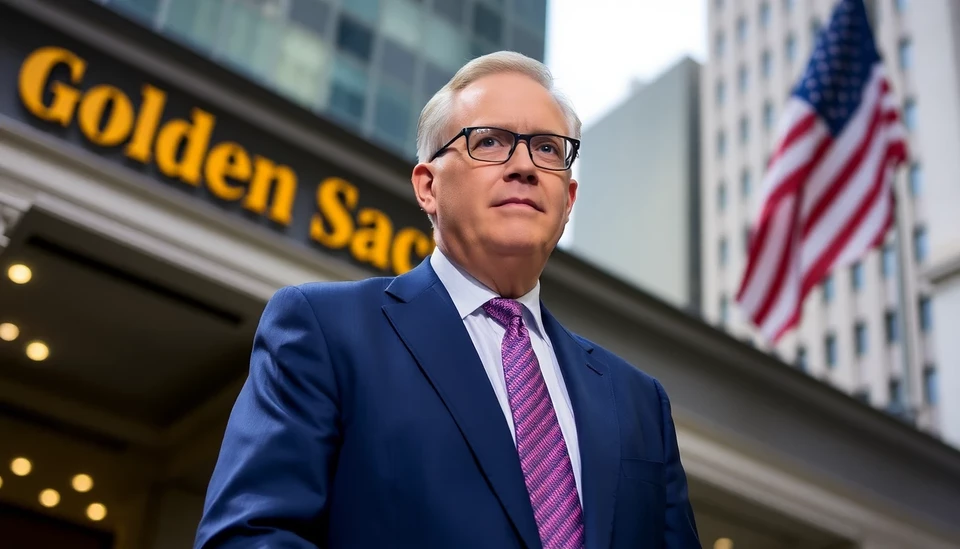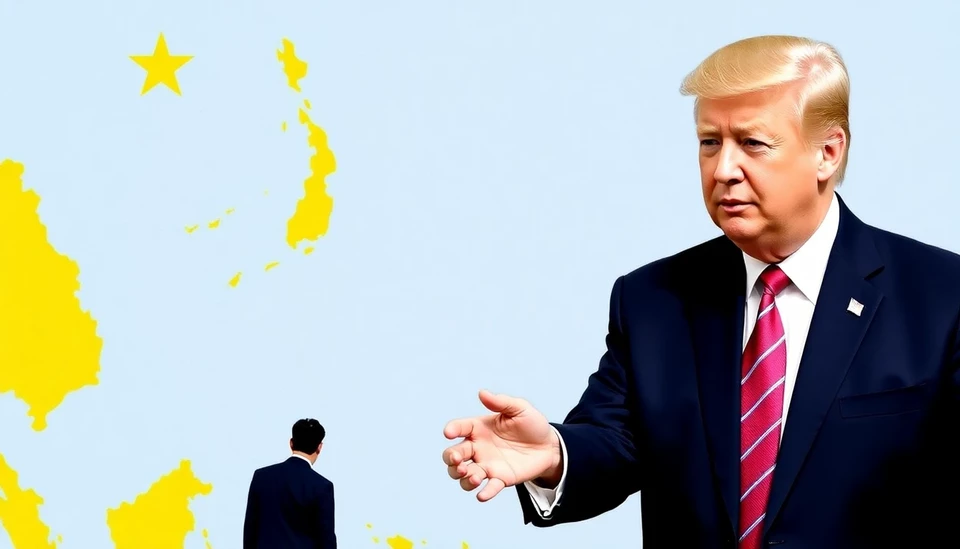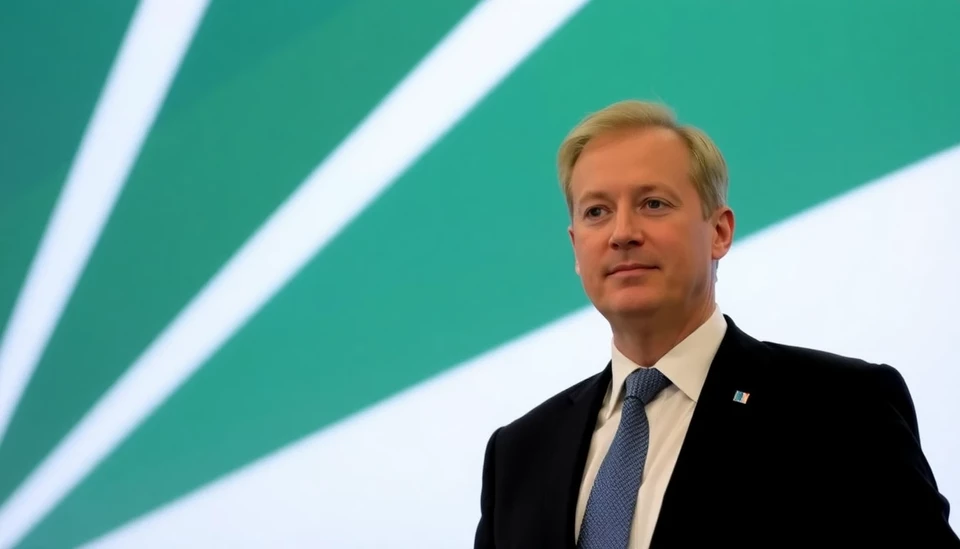
The prospect of Donald Trump regaining the presidency of the United States in the upcoming elections is generating significant unease among European central bankers. This concern stems from potential shifts in U.S. economic policy and international relations that could disrupt global financial stability and economic growth.
As Trump campaigns for the presidency, his previous tenure, marked by unpredictable trade policies and a more isolationist foreign stance, looms large in the minds of European financial leaders. Analysts have highlighted that Trump's penchant for protectionist measures could lead to renewed trade tensions, particularly with the European Union, which might stifle economic recovery efforts in Europe.
The uncertainty surrounding his potential return to office has led to heightened speculation on how U.S. monetary policy might evolve under his administration. Central bankers in Europe are keenly aware that changes in the Federal Reserve's policy, driven by a Trump presidency, could have reverberating effects on the global economy. For instance, if Trump implements tax cuts or increases spending in ways similar to his first term, this could lead to higher inflation rates and, subsequently, a shift in U.S. interest rates.
Moreover, the geopolitical landscape could be affected significantly. Trump's previous approach to international alliances has raised questions about the future of NATO and the United States' reliability as a partner. Such uncertainty could prompt European countries to reevaluate their defense and foreign policy strategies, adding another layer of complexity to an already challenging global environment.
Central bankers are also warning against the potential unraveling of international cooperation on economic matters. Under Trump's direction, America’s previously open and collaborative stance could be replaced with a more unilateral approach, sidelining multilateral discussions and negotiations that have been pivotal in addressing global economic challenges.
Within the European Central Bank (ECB), there is a palpable sense of anxiety regarding how these dynamics may influence monetary policy in the Eurozone. ECB officials are meticulously analyzing the possible outcomes of the U.S. elections, recognizing that any significant changes in Washington could necessitate a recalibration of their policies. This is particularly crucial as Europe is currently navigating a delicate economic recovery amid persistent challenges such as inflation and slower growth.
The conversation around Trump's campaign and its implications is already shaping policy discussions in Europe. With central bankers gearing up to adapt to any shifts, the stakes are high as they prepare for the possibility of a Trump presidency once again impacting international markets and economic frameworks.
As the election approaches, the interplay between U.S. and European policies will be closely monitored, with the global economic outlook hinging on the choices voters make in the impending elections.
In conclusion, the looming shadow of a potential second Trump presidency is placing European central bankers in a precarious position, prompting them to reconsider their strategies and prepare for a future that could be marked by turbulence and unpredictability.
#Trump2024 #EuropeanCentralBank #GlobalEconomy #TradeTensions #MonetaryPolicy #GeopoliticalRisks
Author: Daniel Foster




